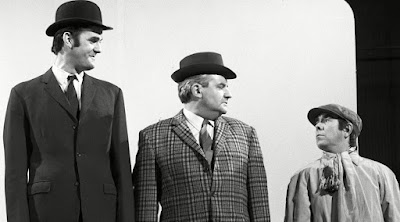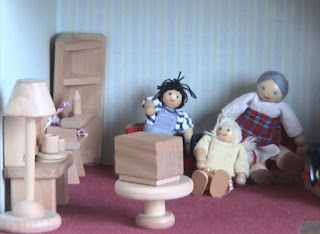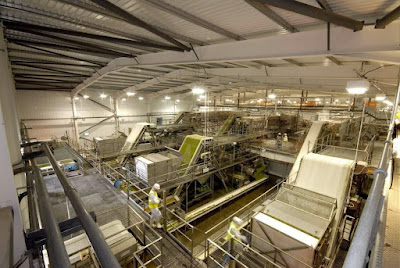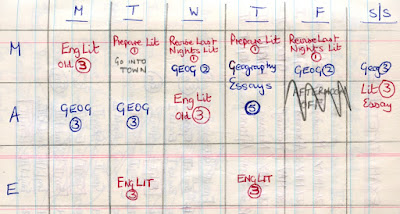Son gave a look of disapproval. I had used an unacceptable word (yet again!).
Because of swollen feet, a side-effect of pills to inhibit Exon 14 tumours, it was becoming difficult to put my shoes on. I had been wearing mainly walking shoes for some months, but even these had become tight, and I had bruised the side of my ankle making it painful to walk. Shuffling awkwardly, I stepped down heavily and hurt my back. It took three inactive weeks to get better. In the meantime, I finally gave in to nagging advice from our resident family occupational therapist, and bought some wide-fitting, wide-opening Cosyfeet shoes. And cosy they are. I can walk around the village again.
“I’ve had to get some spastic shoes”, I told my son.
The thing is, “spastic” was once a perfectly acceptable word. It was not until 1994 that The Spastics Society renamed itself Scope, the charity for people with cerebral palsy. “Spastic” had become a term of abuse, and parents were being put off. Children would call each other “a daft spastic” for clumsiness or mistakes. Just as a word, it sounds effective and humorous. It actually means subject to spasms, and remains in medical use in other circumstances. “Scope” is neutral, but the Society lost public awareness.
In contrast, Mencap, the society for children and adults with learning disabilities, continues under a name with negative connotations, but everyone recognises what it is. The name went through several changes after the charity was founded in 1946 as The National Association of Parents of Backward Children. “Backward” became another term of abuse. “Are you a bit backward?” was hurled at someone slow to understand a point.
Many other terms have fallen out of use. Mongolism was the scientific name for Downs Syndrome. Cretinism was thyroid deficiency severe enough to cause confusion and physical changes. They were accepted medical and academic terms into the 1980s. I still have a small book by a professor at the university where I did my psychology degree, an internationally respected authority in learning disability, that contains a table setting out the legal and scientific uses through the years of terms used to describe ‘mental deficiency’, ‘mental retardation’ and ‘subnormality’ according to I.Q. It is interesting that ‘idiot’ denoted the lowest I.Q., with ‘imbecile’ slightly higher, and ‘feeble-minded’ and ‘moron’ above, which does not seem to be the pejorative usage today.
 |
| From Clarke, A.D.B. and Clarke, A.M. (1975): Recent Advances in the Study of Subnormality. MIND (National Association for Mental Health), London. Page 5. |
Such terms were used to discriminate and exclude people from society, irrespective of ability. Until perhaps the 1960s, eugenics, sterilisation, and euthanasia, were openly discussed. Institutionalisation lasted even later, although, with support, many occupants could have lived independently. Alan and Ann Clarke did a great deal to alleviate this by showing what people could do, rather than what they could not.
Then there are the labels for nationalities, ethnicities, and race. They were not always used maliciously. When a Canadian-born great-nephew turned up on leave during the Second World War, my great-grandfather said that this “Yank” (can I still say that?) had knocked on the door. It was a description, not a judgement. The family put him up for a few days, delighted to hear about their Canadian relatives, and it seemed to relieve some of his anxiety about having to go back to the war.
Returning to the slang term for Americans, no doubt many will dislike it, and it wasn’t used accurately anyway. I dislike being called a Brit. I am British, or English, or from Yorkshire, but as Brit is now used widely in the British media, and by some British bloggers, I am not likely to win that one.
National and racial labels are often used to stir up division and hatred. There is a Monty Python sketch about a television show called Prejudice, in which viewers are invited to come up with derogatory names for various nationalities, and contains a section called “Shoot the Poof” (although even Monty Python in 1970 steered clear of race). The sketch can be found online, but some will find it so offensive I am not going to post a link. On watching again, I still find it hilarious. Michael Palin as the awful show host is brilliant, but as with the comedy series ‘Till Death Us Do Part’, not everyone sees that the laugh is at and not with the holders of these views.
I misused one of these words in frustration. If you saw my feet you would see why. I’ve got some spastic slippers as well now.
































